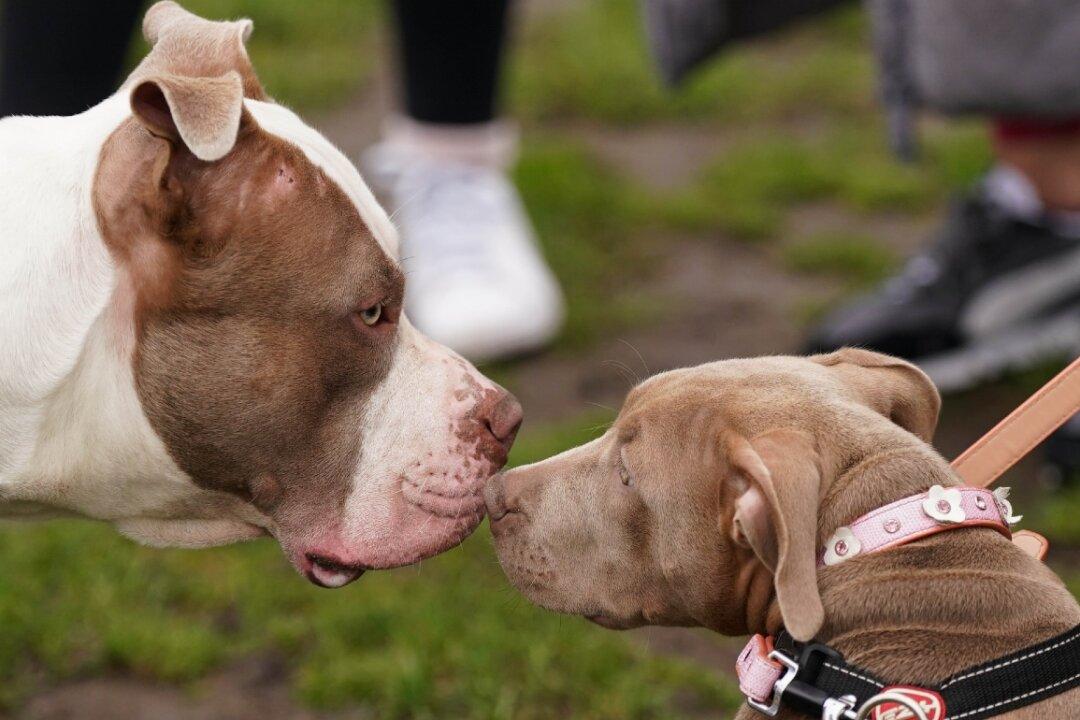A dog breed proposed to be banned in the UK is being used in the criminal underworld “like weapons,” MPs have been told.
In a what was described as an “emergency urgent session” before a Commons committee, leading veterinary care group chief Dr. David Martin said criminals are using XL bully dogs as “status” symbols, and believe they are less likely to be stopped by police by owning one.





